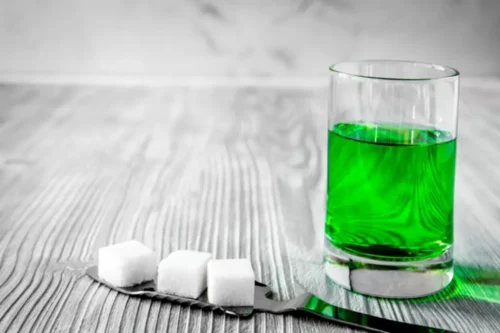
However, some people do experience true allergic reactions after drinking alcoholic beverages. In this case, the ethanol isn’t the culprit, but rather another ingredient in your beverage, such as a fermented grain, preservative or other chemical. Dilated blood vessels can cause inflammation and swelling in the nasal passages.

Can you suddenly develop an alcohol allergy?

Often drinks containing a higher content of pure alcohol, such as gin or vodka, have fewer congeners compared to drinks with less pure alcohol, such as red wine or whiskey. Gustatory rhinitis is the medical term for a runny nose or sneezing you may get after you eat hot or spicy foods. It’s a type of nonallergic rhinitis, where your nose gets inflammation but not because of an allergy.

Alcohol and Sneezing

After making a list, you may choose to meet with a health care provider to discuss the changes you’ve observed and gain insight into your situation. In one 2005 Swedish study, those with asthma, sneeze when i drink alcohol bronchitis and hay fever were more apt to sneeze, get a runny nose or have “lower-airway symptoms” after a drink, especially women. Wine – both red and white – were often the worst offenders.
Sometimes it’s an alcohol allergy, not alcohol intolerance
A person with severe allergies should carry one with them at all times, in case of a serious allergic reaction. The healthcare professional uses a lancet to pierce a person’s skin and apply a small amount of the suspected allergen to see if it causes a reaction. However, standardized skin testing using different types of alcohol is not currently available.
- These substances can make your blood vessels dilate, which causes symptoms of alcohol intolerance.
- But in rare cases, they become painful after alcohol consumption.
- A person experiencing a severe allergic reaction should go to the emergency room immediately.
- However, in people with an alcohol allergy, the system mistakenly produces antibodies to attack alcohol following exposure to the substance, triggering various symptoms.
- In some cases, reactions can be triggered by a true allergy to a grain such as corn, wheat or rye or to another substance in alcoholic beverages.
Specifically, genetic changes that make your corresponding ALDH2 enzyme bad at its job. What’s more is that this genetic variation can be passed down from parent to child, making alcohol intolerance an inherited condition. And since it affects your genes, once you inherit it, you’re stuck with it. But alcohol tolerance is more complicated than just being “a lightweight” or not. In fact, alcohol intolerance is a metabolic disorder that doesn’t have anything to do with how many drinks you can down before your beer goggles switch on. Your body holds on to the nutritive parts of what you eat and drink, but, otherwise, what goes in must also come out.

- Symptoms are more likely to be a reaction to the ingredients in a drink, or the alcohol causing other types of allergies to worsen.
- A small 2014 study of Chinese people with a beer allergy found that sensitivity to sorghum or sorghum malt was the most common cause.
- However, for a severe skin reaction, weak pulse, vomiting or trouble breathing, seek emergency help right away, as you could be having an anaphylactic reaction.
Is there a link between having alcohol allergies and eczema?
- These compounds are often added to beer and wine to limit the growth of yeast and act as a preservative.
- “Reactions to alcohol are unlikely to be caused by a ‘true’ allergy,” explains Holly Shaw, Nurse Advisor at Allergy UK.
- For example, barley is typically found in beer but not wine.
- However, some people develop allergy-like symptoms, such as an itchy throat and nasal congestion, in response to the sulfites in wine.
